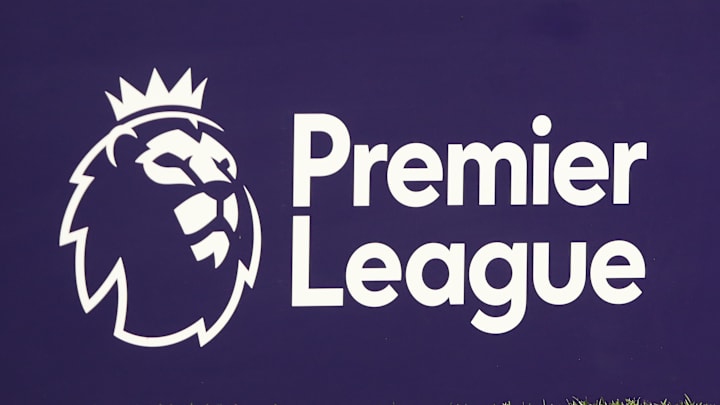Premier League clubs have been engaging in a series of unconventional player transfers during the summer window, raising eyebrows and sparking concerns about the effectiveness of the league's Profit and Sustainability Rules (PSR). These transactions, often involving young academy players, appear to be more focussed on balancing the books than bolstering squads, leaving many questioning the true motives behind these deals.
Aston Villa has been at the forefront of this trend, signing Ian Maatsen from Chelsea for a staggering £37.5 million and Lewis Dobbin from Everton for around £10 million. In a seemingly related move, Villa sold Tim Iroegbunam to Everton for £9 million, while Chelsea acquired Omari Kellyman from Villa for £19 million. This intricate web of transfers has left fans and pundits scratching their heads, wondering if these deals are more about financial manoeuvring than on-field success.
Newcastle United has also been drawn into the fray, with reports suggesting they are hoping to send Yankuba Minteh to Everton while securing the services of Dominic Calvert-Lewin in return. This potential swap deal further highlights the complex nature of these transactions and the delicate balance clubs are trying to strike between financial compliance and squad improvement.
The resurgence in spending during the summer transfer window comes after a relatively quiet January, where only £100 million was spent across the Premier League. However, the driving force behind these recent deals appears to be accounting needs rather than sporting ambitions.
The PSR, initially designed to curb overspending and ensure financial stability, is now inadvertently encouraging clubs to engage in questionable transactions to avoid potential points penalties, similar to those faced by Everton and Nottingham Forest.
The practice of trading homegrown players for inflated fees allows clubs to balance their books using amortisation, spreading the cost over the length of the new player's contract. As the Premier League's financial year wraps up on 30 June, clubs are scrambling to finalise transfers to stay within the rules. This has led to a flurry of activity in the market, with many deals raising questions about the true value of the players involved.
Sir Jim Ratcliffe, Manchester United's owner, recently voiced his frustration with the Premier League's financial regulations, lamenting that the club has "more accountants than sporting people." This sentiment echoes the concerns of many club owners who feel restricted by the PSR, which limits losses to £105 million over three seasons.
The upcoming changes to financial regulations, including the Squad Cost Rules (SCR) and Top to Bottom Anchoring Rules (TBA), aim to address these issues, but their effectiveness remains to be seen.
The current situation has exposed the flaws in the existing system, with clubs exploiting financial loopholes and using academy players as pawns in a cynical game to meet PSR requirements. The inflated valuations of young players, such as Omari Kellyman, who has played just six times for Villa's first team but was sold to Chelsea for £19 million, have become a common tactic to generate 'pure' profit, as homegrown academy players' sales are recorded entirely in the selling club's accounts for that year.
Football finance expert Kieran Maguire has shed light on these mutually beneficial transfers, explaining how they allow clubs to book significant profits and stay within PSR limits. However, this practice has sparked intense speculation and criticism on social media, with some rival clubs planning to raise the issue with the Premier League.
The controversy surrounding these transfers underscores the need for more robust financial regulations in the Premier League. The Football Governance Bill, which will establish an independent football regulator, aims to provide much-needed oversight.
However, until these measures are implemented, creative accounting and inflated youth transfers may continue to be a contentious feature of Premier League business.
As the debate rages on, finding a balance between financial sustainability and sporting ambition remains a significant challenge for English football's top flight. The Premier League must work to close the loopholes that allow clubs to exploit the system, ensuring that the focus remains on the beautiful game rather than the balance sheet.
Only then can fans be assured that the transfers they witness are driven by a genuine desire to improve the team, rather than a need to appease the accountants.
